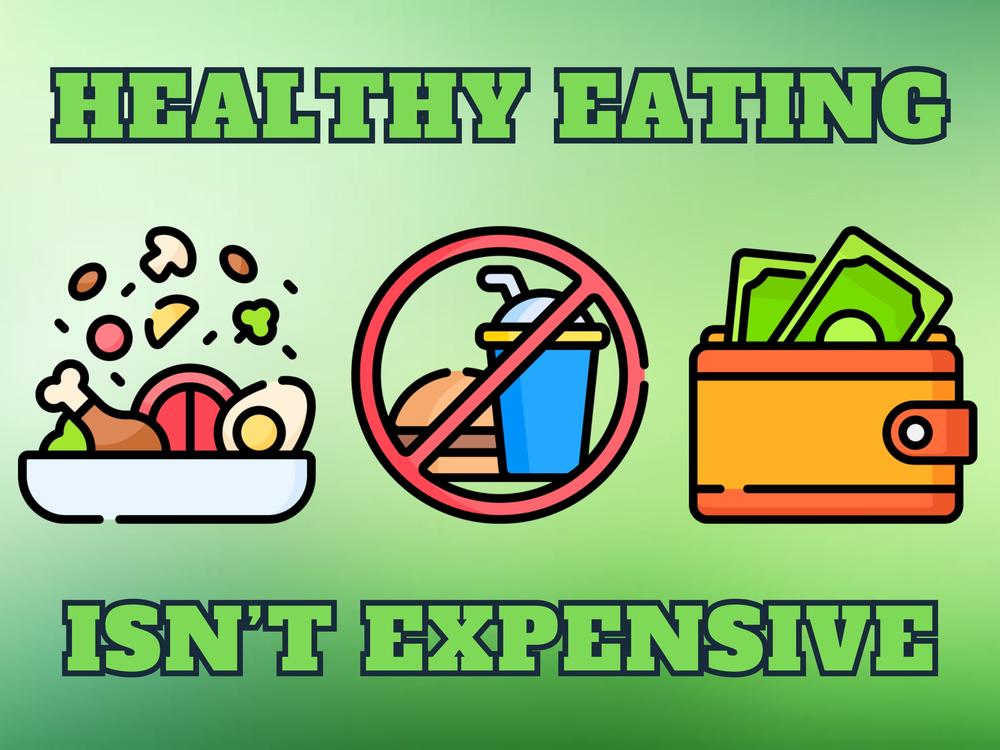
Contents
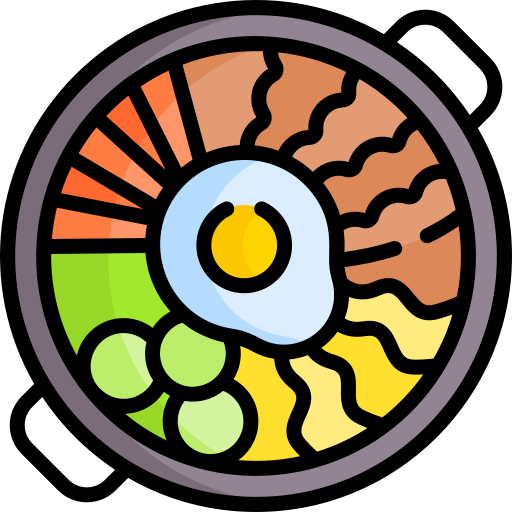

Introduction
There's a very common and harmful myth out there that a healthy diet is inherently more expensive than a junk one. Most people think that in order to eat foods that are good for you, you have to spend more money. And for those on a tight budget, consuming a less processed diet may not be one of their top priorities.


This myth needs to die, however. There's absolutely a way to eat cheap and healthy; you just have to put in the time and effort to do things yourself. I wanted to outline a week's worth of eating from a cost and nutrition standpoint.


Criteria
Here, we'll be able to compare a Standard American Diet (SAD) to a much less refined and processed diet, comparing the overall money spent, as well as the nutritional differences. I will be doing my best to control for calories, aiming for about 2,000 calories a day.
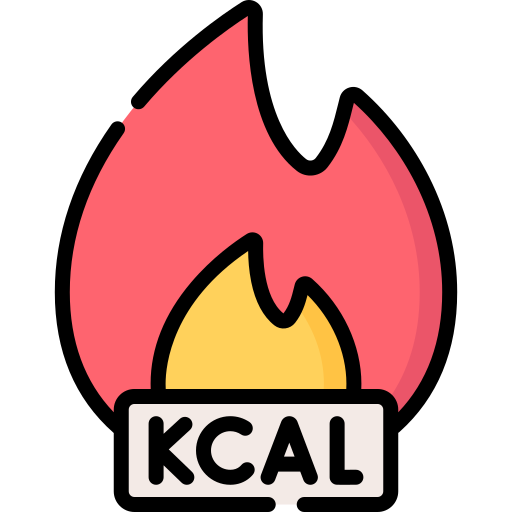

Below are 10 features of a Standard American Diet. This is the diet that, unfortunately, most people think is normal to consume day in, day out, leading to FLC Syndrome (Feel Like Crap):
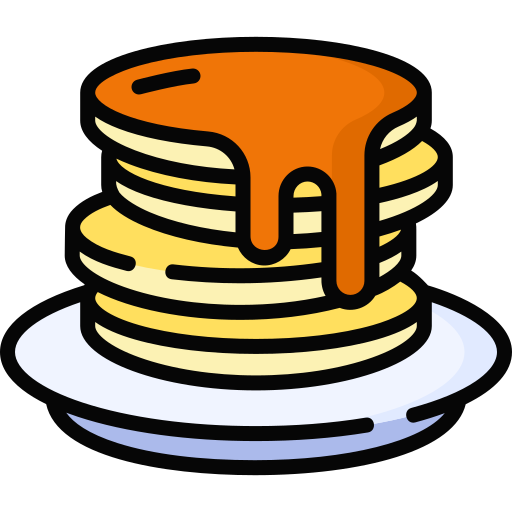

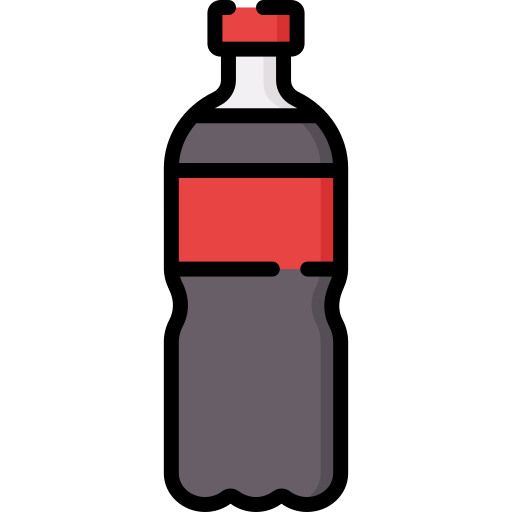
In comparison, here are 10 of my criteria for a "minimally processed" diet. This "diet" focuses on nutrient dense whole foods, minimal processing, and preparing your own meals:


.png)
Minimally Processed Food Plan
Minimally Processed Analysis
.png)
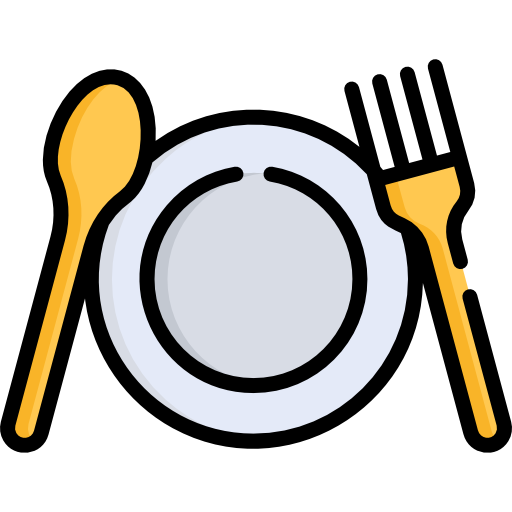
SAD Food Plan
SAD Analysis
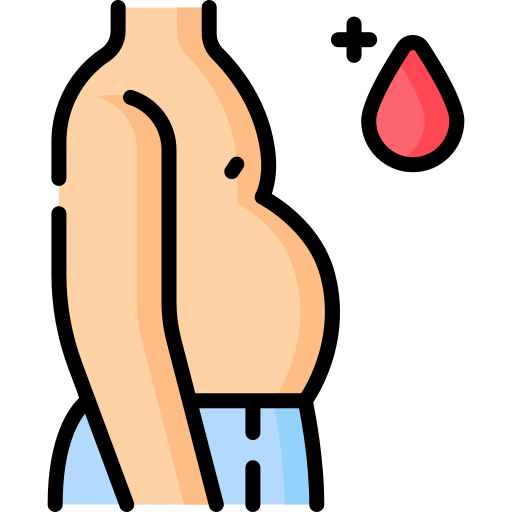
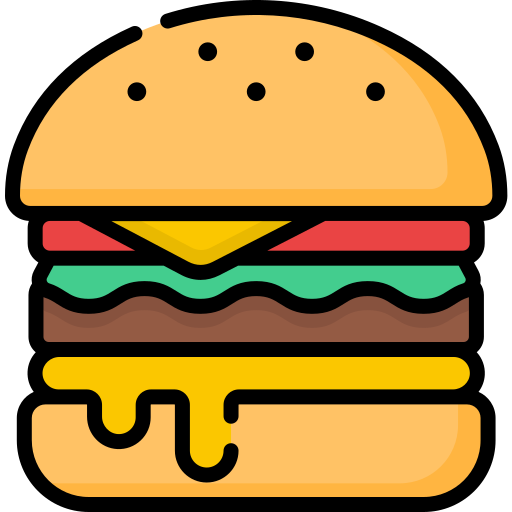
Comparing the Averages


Key Takeaways
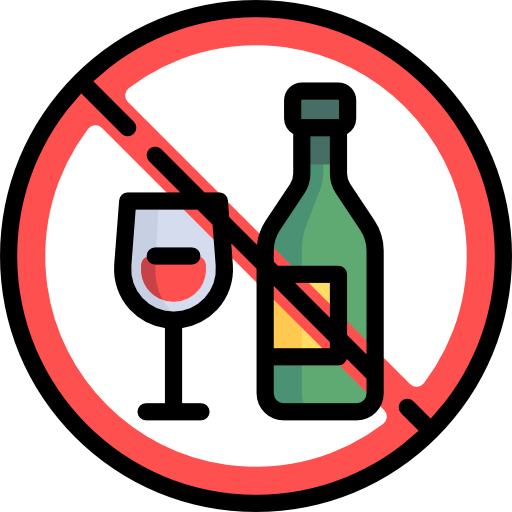
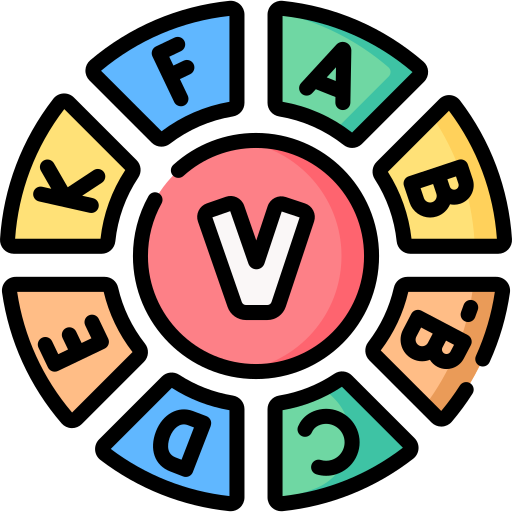
Conclusion
I hope by now it's clear that eating healthy does not automatically mean spending more. Either a minimally processed or ultraprocessed diet can be cheaper depending on how you stack your cards. You can spend less and eat healthier, or vice versa. Eating healthy doesn't have to come at a high price; both your body and your wallet can thirve simultaneously.


This post may contain affiliate links
- Introduction
- Criteria
- Minimally Processed Food Plan
- Minimally Processed Analysis
- SAD Food Plan
- SAD Analysis
- Comparing the Averages
- Key Takeaways
- Conclusion


Introduction
There's a very common and harmful myth out there that a healthy diet is inherently more expensive than a junk one. Most people think that in order to eat foods that are good for you, you have to spend more money. And for those on a tight budget, consuming a less processed diet may not be one of their top priorities.


This myth needs to die, however. There's absolutely a way to eat cheap and healthy; you just have to put in the time and effort to do things yourself. I wanted to outline a week's worth of eating from a cost and nutrition standpoint.


Criteria
Here, we'll be able to compare a Standard American Diet (SAD) to a much less refined and processed diet, comparing the overall money spent, as well as the nutritional differences. I will be doing my best to control for calories, aiming for about 2,000 calories a day.


Below are 10 features of a Standard American Diet. This is the diet that, unfortunately, most people think is normal to consume day in, day out, leading to FLC Syndrome (Feel Like Crap):
- High in refined sugars and starches
- Flavored drinks, like soda, diet soda, sports drinks, coffees, and iced teas
- Frozen and pre-prepared meals
- Convenience snacks like chips, granola bars, and flavored yogurts
- Desserts for breakfast, like pastries, cereal, and pancakes
- Little cooking at home, and eating out often
- Very little vitamins, minerals, fiber, and polyphenols
- High in saturated fat and sodium
- Lots of ultra-processed "foods"
- Plenty of added food dyes, flavors, and preservatives



In comparison, here are 10 of my criteria for a "minimally processed" diet. This "diet" focuses on nutrient dense whole foods, minimal processing, and preparing your own meals:
- Every meal has a protein source
- Low in refined sugars and starches (but not low carb)
- Low in refined oils (but not low fat)
- Prioritizes ingredients over foods or meals
- Lots of home cooking
- High fiber; lots of fruits and vegetables
- No added food dyes, flavors, or preservatives
- High in healthy fats, like avocado, nuts, and fish
- Meal prepping throughout the week
- Don't restrict any whole food groups, like meat, eggs, whole grains, beans, or dairy


.png)
Minimally Processed Food Plan
- Monday
- Breakfast
- Snack
- Lunch
- Snack
- Dinner
- Tuesday
- Breakfast
- Snack
- Lunch
- Snack
- Dinner
- Wednesday
- Breakfast
- Snack
- Lunch
- Snack
- Dinner
- Thursday
- Breakfast
- Snack
- Lunch
- Snack
- Dinner
- Friday
- Breakfast
- Snack
- Lunch
- Snack
- Dinner
- Saturday
- Breakfast
- Snack
- Lunch
- Snack
- Dinner
- Sunday
- Breakfast
- Snack
- Lunch
- Snack
- Dinner
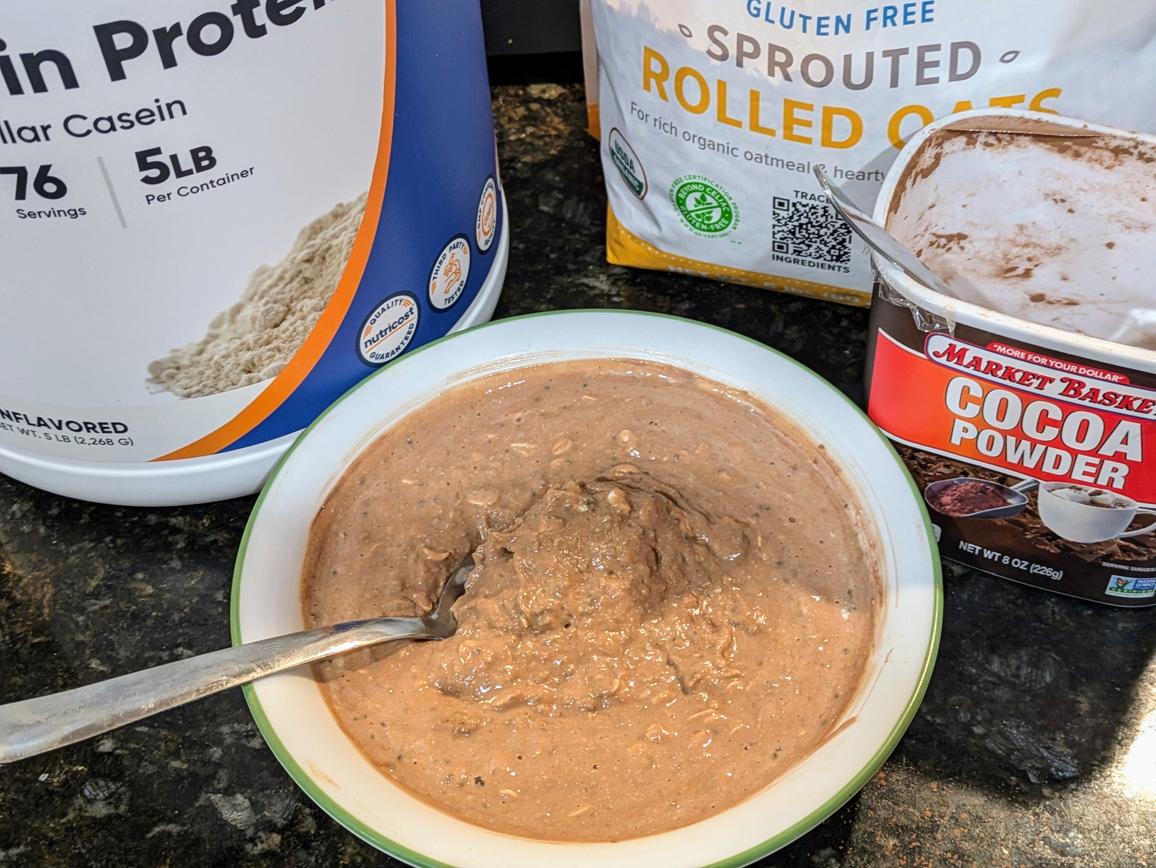
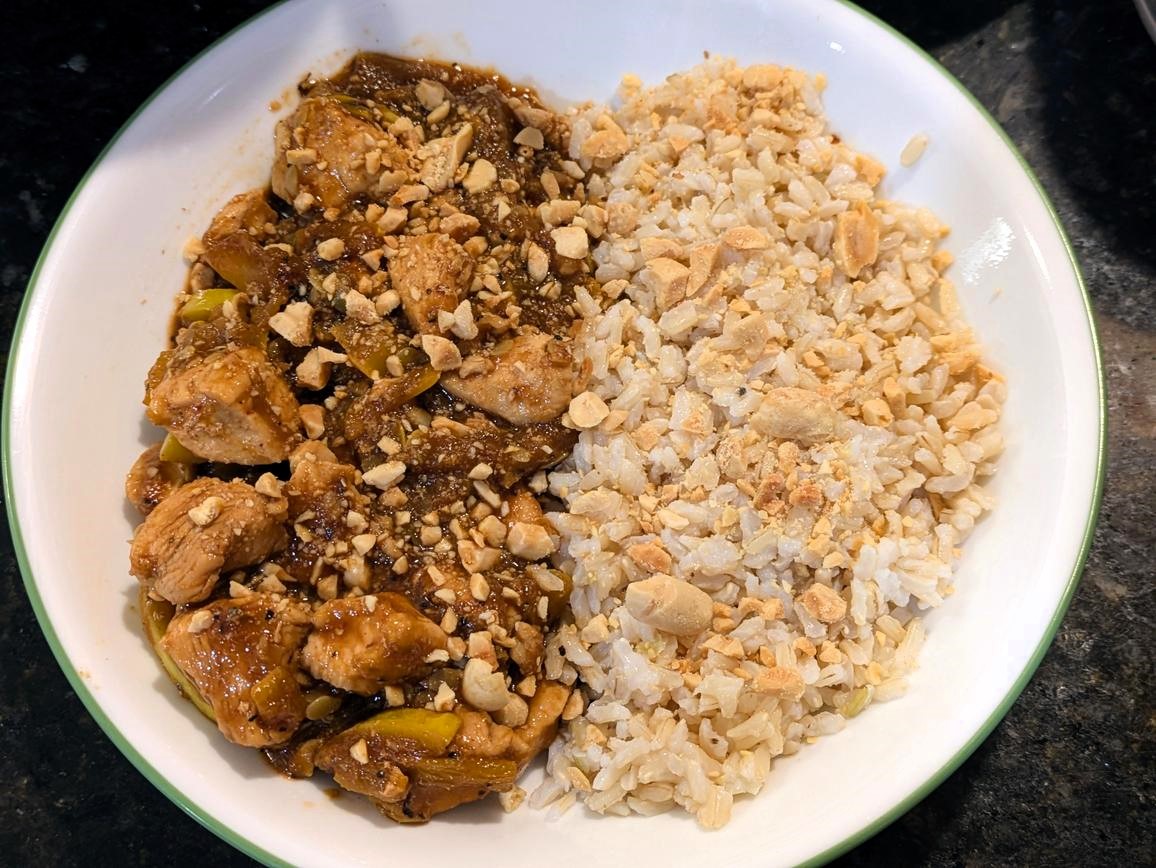
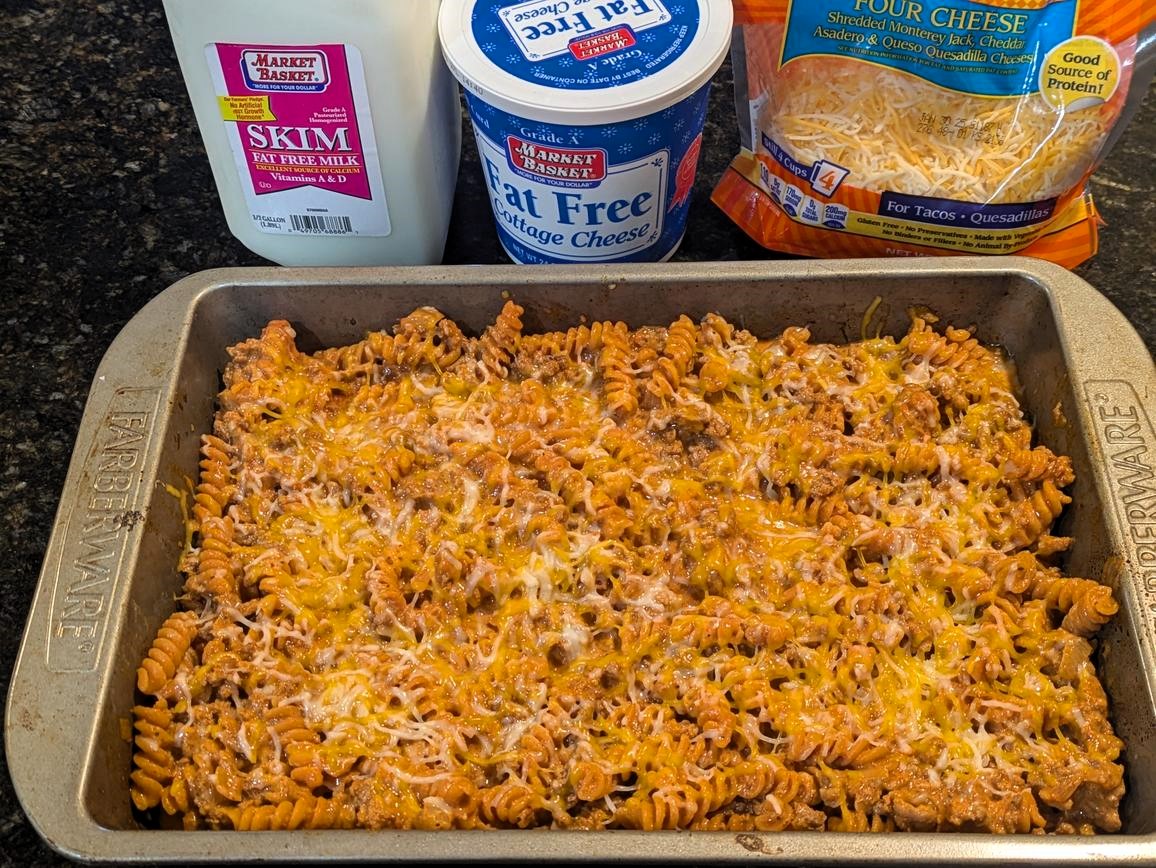
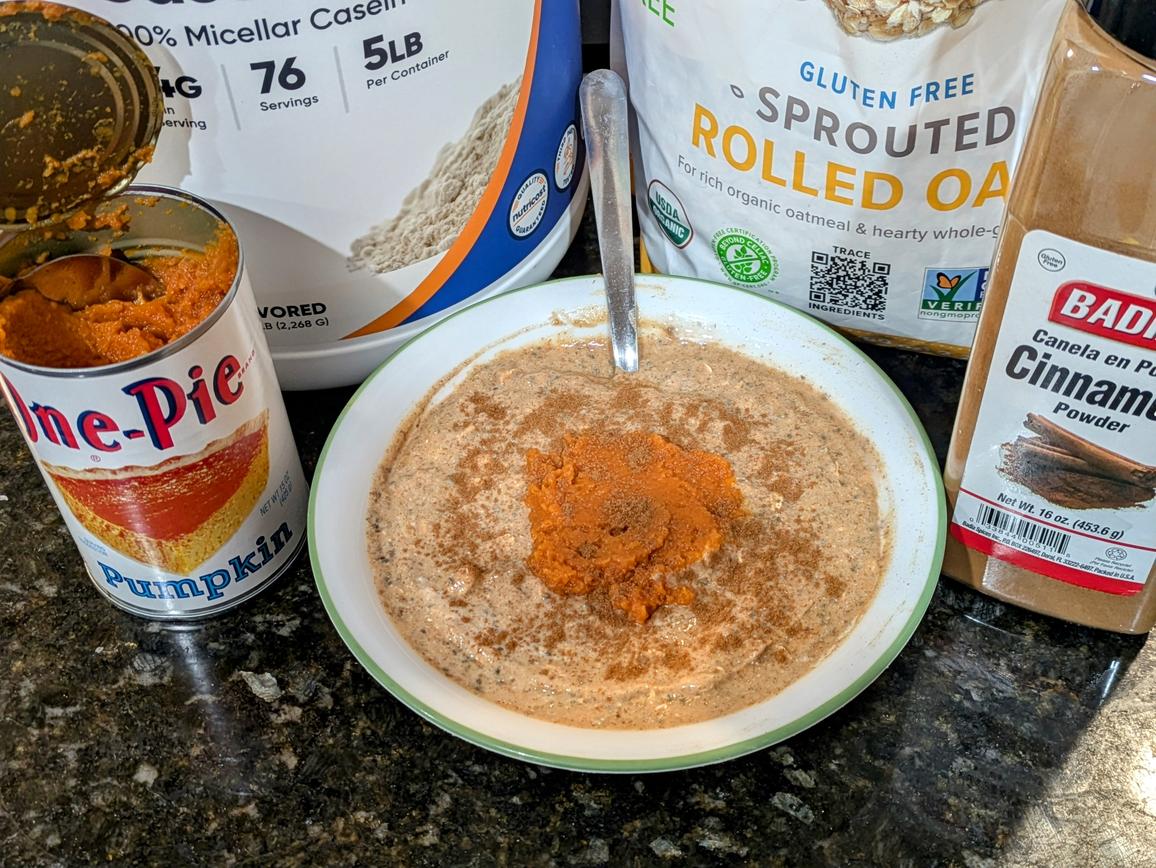
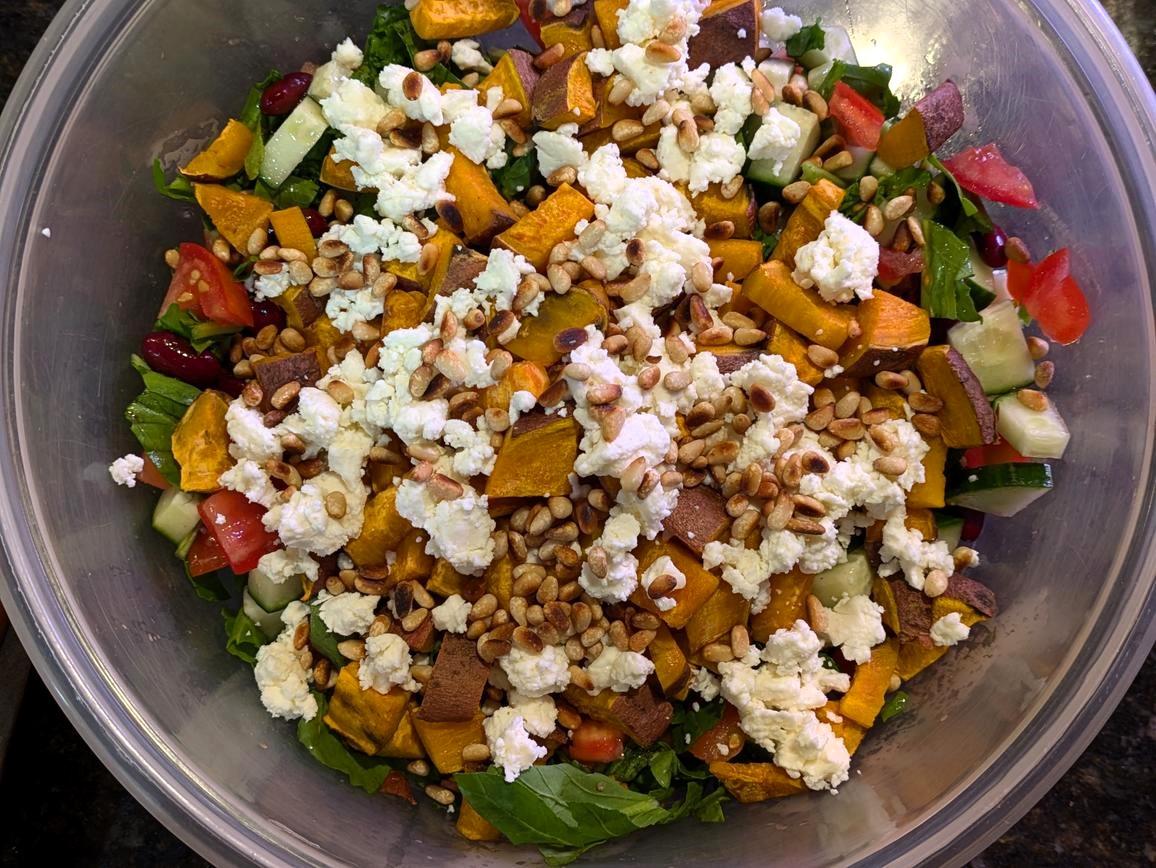

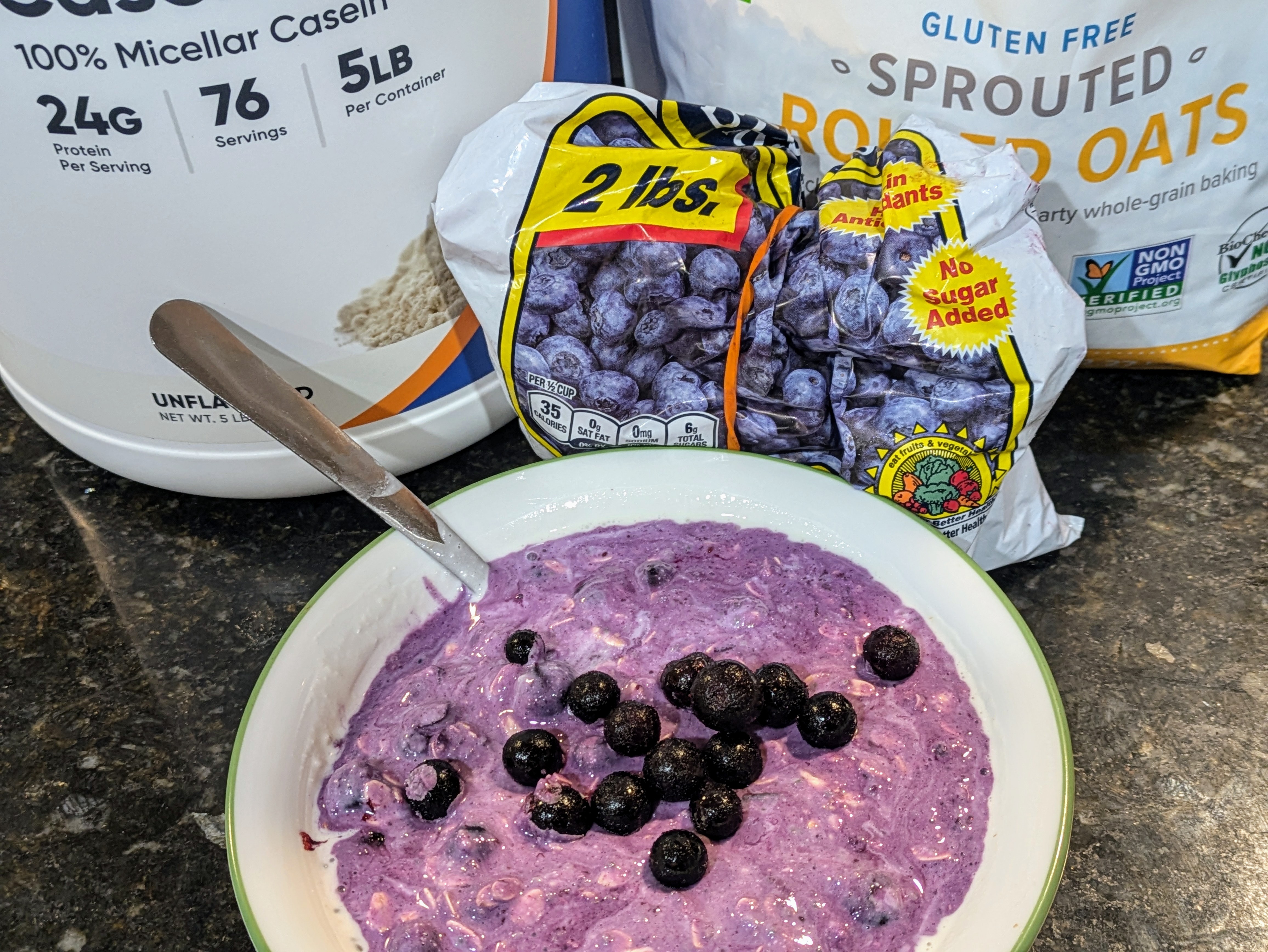


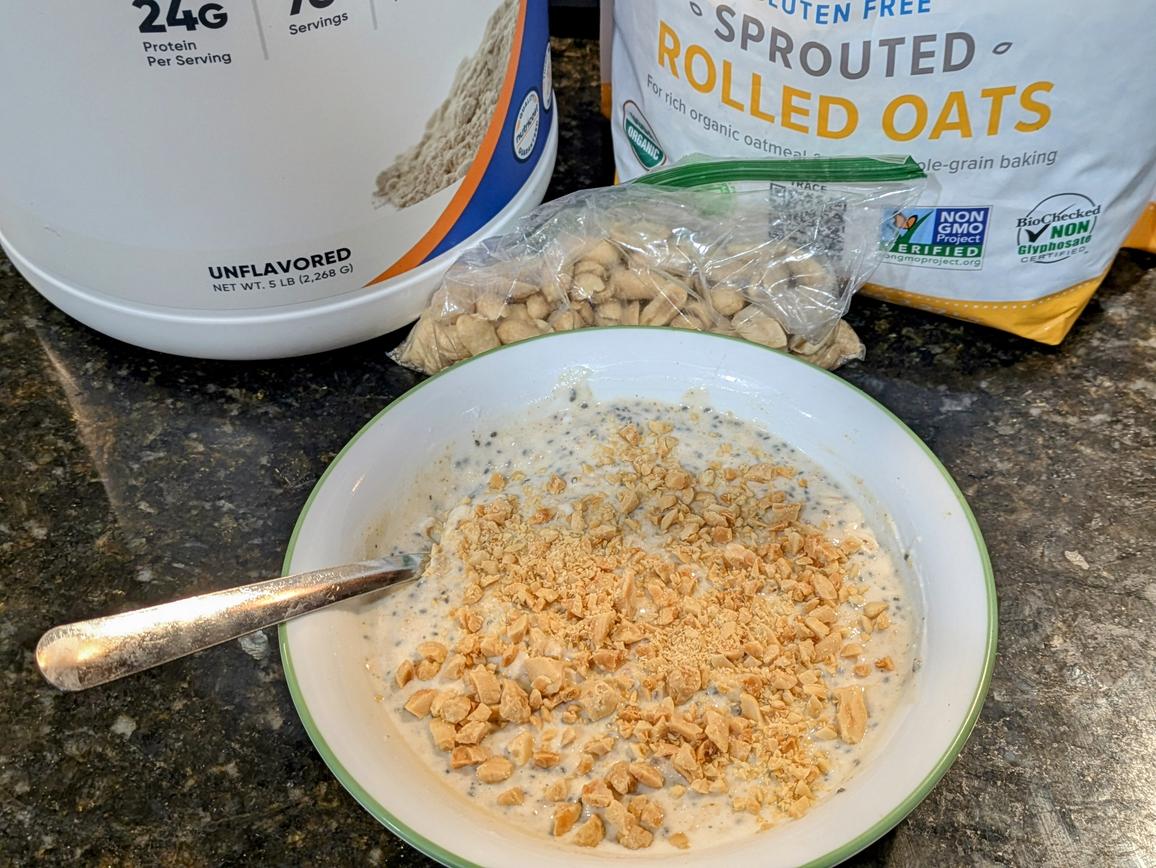

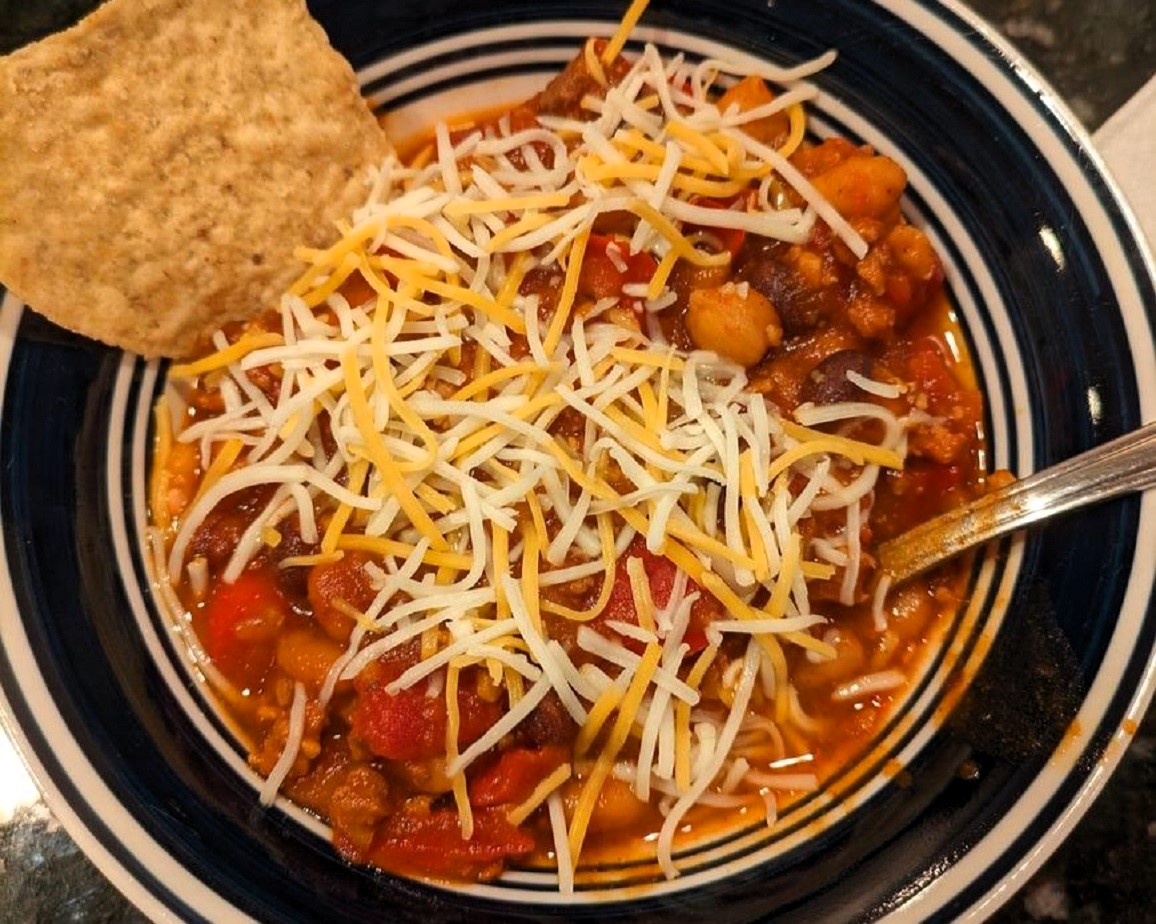
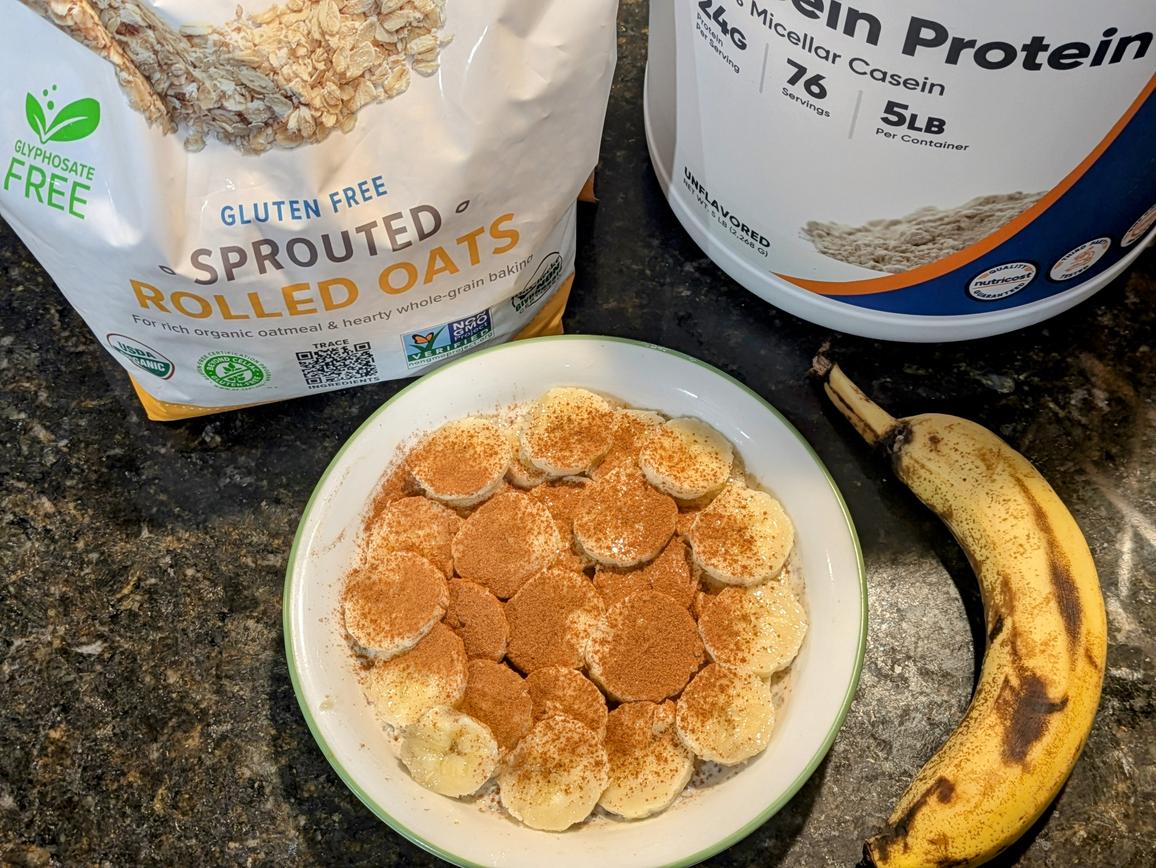

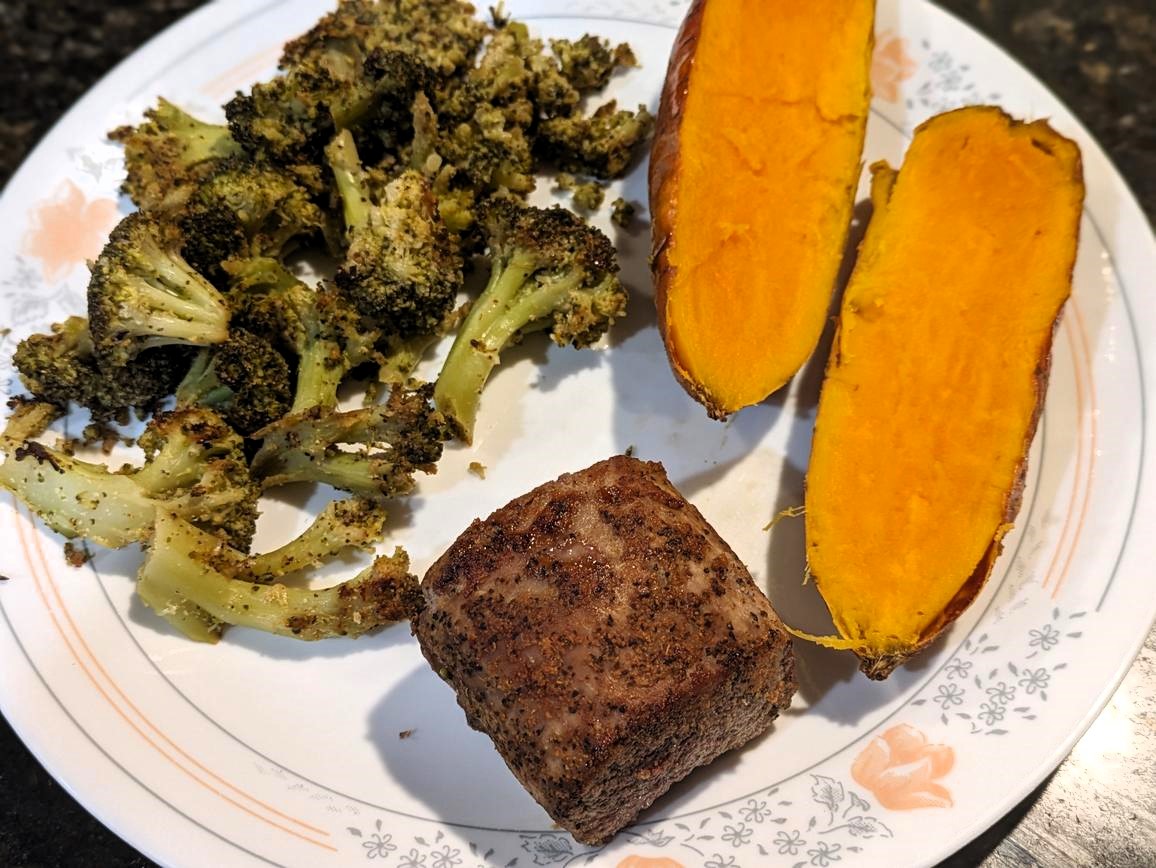
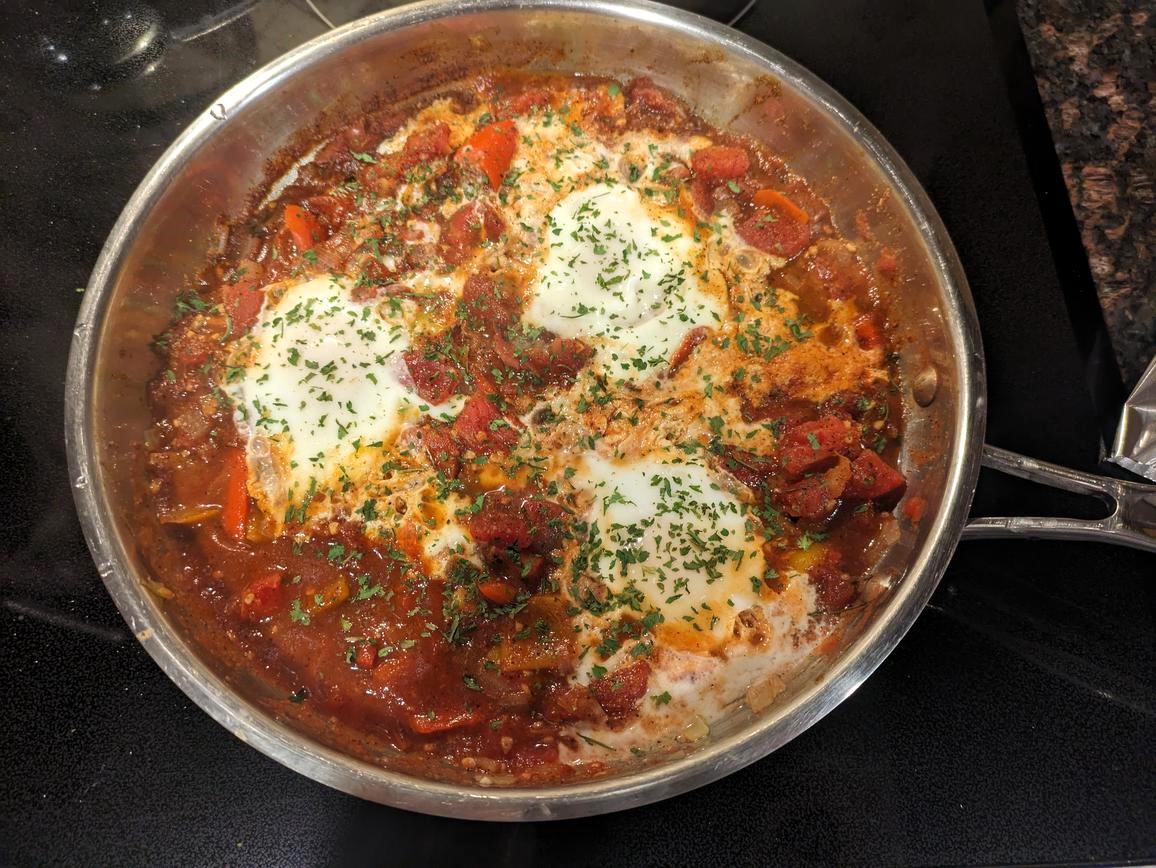


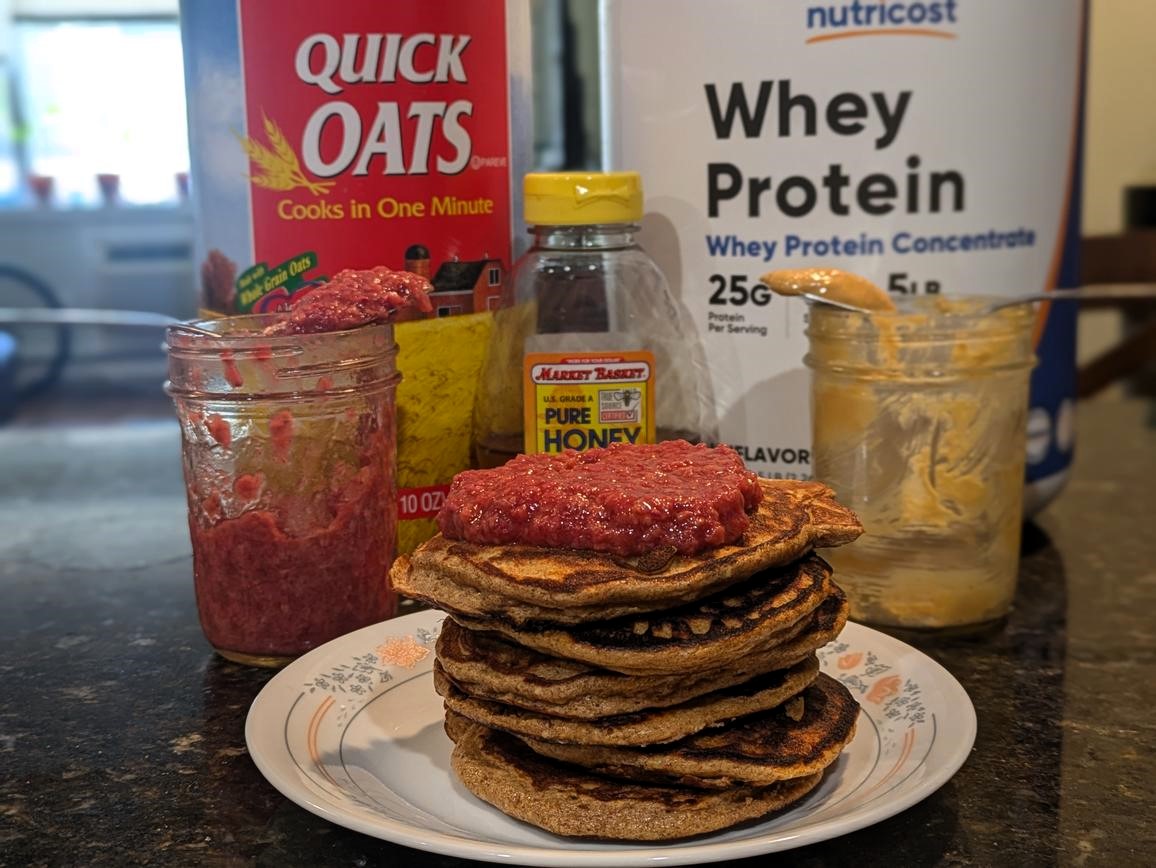


Minimally Processed Analysis
| Nutrient | Mon | Tues | Wed | Thurs | Fri | Sat | Sun | Avg |
|---|---|---|---|---|---|---|---|---|
| Calories | 1996 | 2015 | 1963 | 2090 | 2026 | 1981 | 2026 | 2014 |
| Fat (g) | 68.9 | 78.3 | 71.1 | 69.3 | 65.1 | 72.4 | 75.1 | 71.5 |
| Protein (g) | 143.0 | 135.6 | 143.4 | 146.1 | 144.2 | 138.3 | 130.9 | 140.2 |
| Carbs (g) | 215.4 | 210.6 | 221.8 | 241.7 | 234.1 | 216.7 | 239.6 | 225.7 |
| Fiber (g) | 51.3 | 49.5 | 52.9 | 59.0 | 58.5 | 45.8 | 49.1 | 52.3 |
| Total Cost | 0.00 | 0.00 | 0.00 | 0.00 | 0.00 | 0.00 | 0.00 | 0.00 |
.png)

SAD Food Plan
- Monday
- Breakfast
- Snack
- Lunch
- Snack
- Dinner
- Tuesday
- Breakfast
- Snack
- Lunch
- Snack
- Dinner
- Wednesday
- Breakfast
- Snack
- Lunch
- Snack
- Dinner
- Thursday
- Breakfast
- Snack
- Lunch
- Snack
- Dinner
- Friday
- Breakfast
- Snack
- Lunch
- Snack
- Dinner
- Saturday
- Breakfast
- Snack
- Lunch
- Snack
- Dinner
- Sunday
- Breakfast
- Snack
- Lunch
- Snack
- Dinner
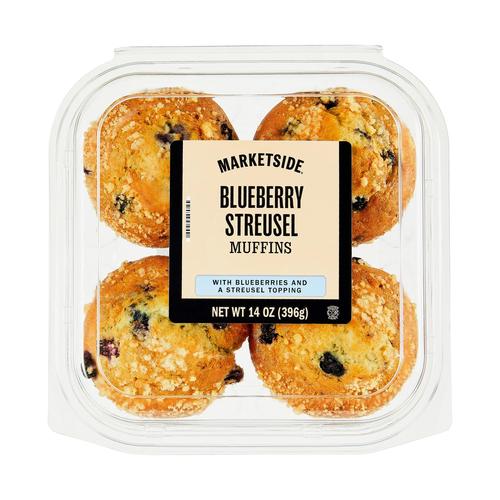


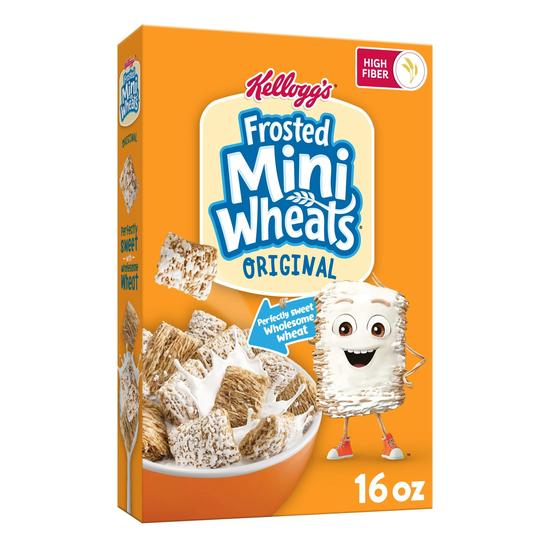
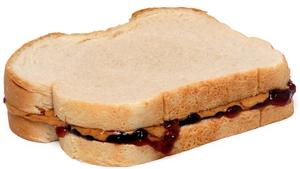
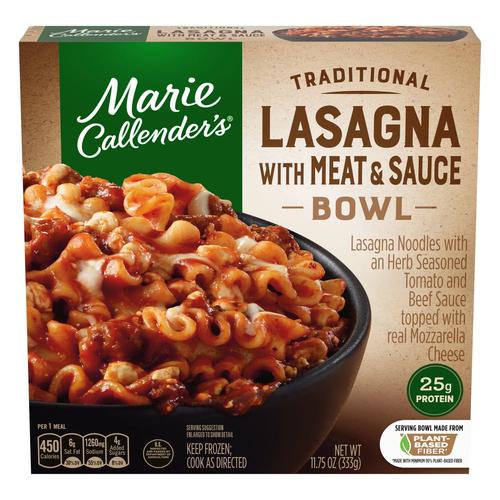
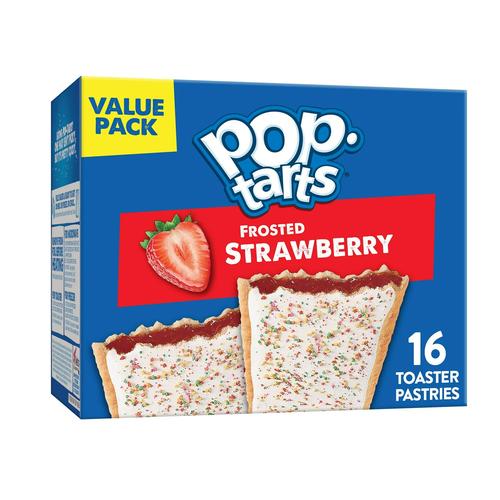

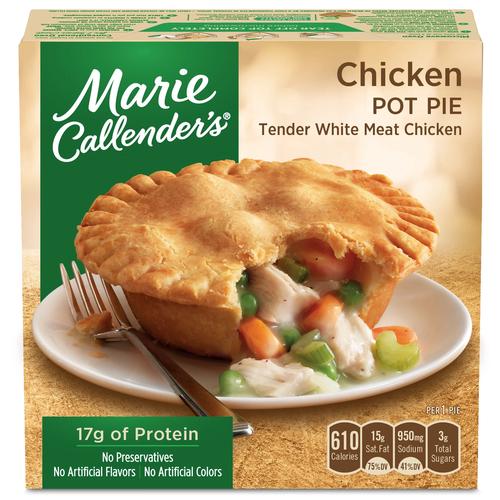
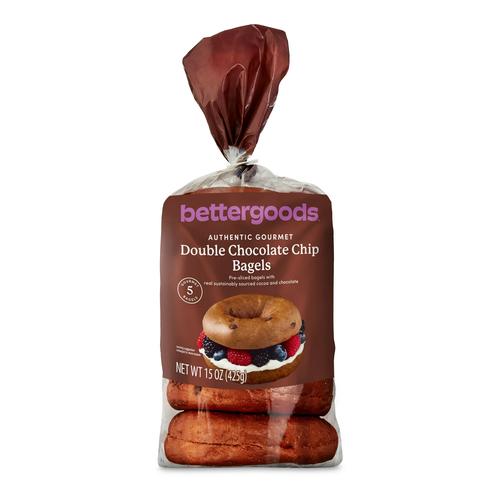
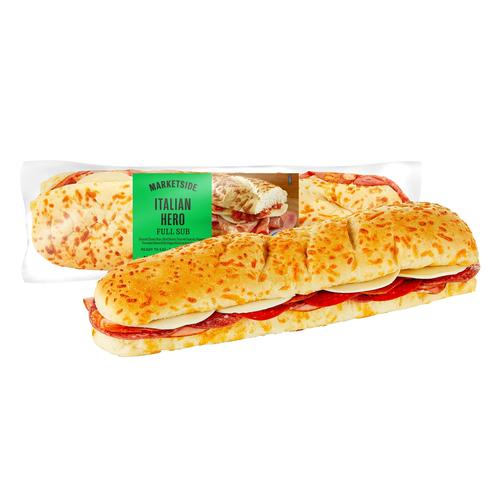
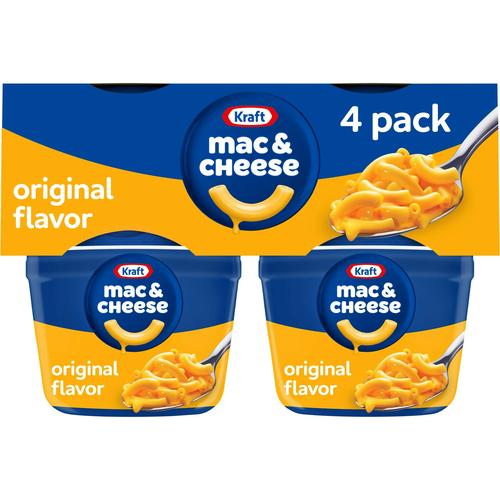

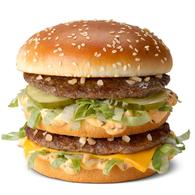

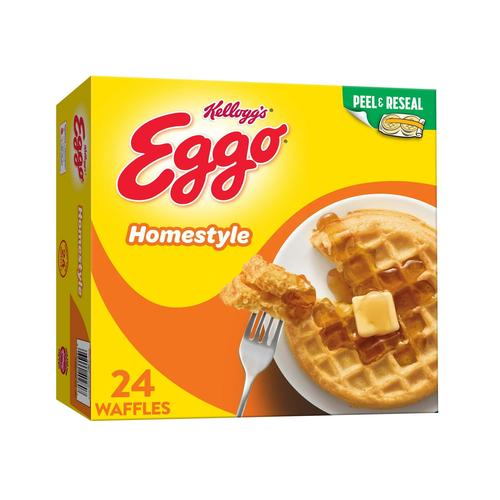
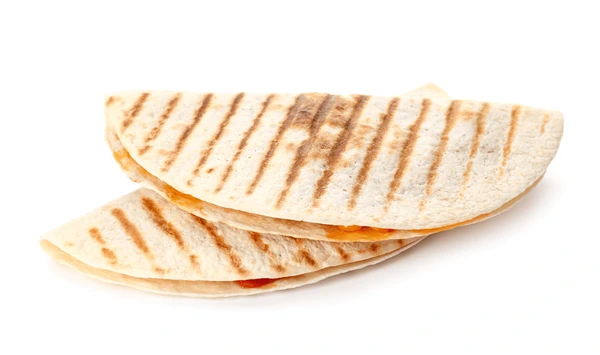
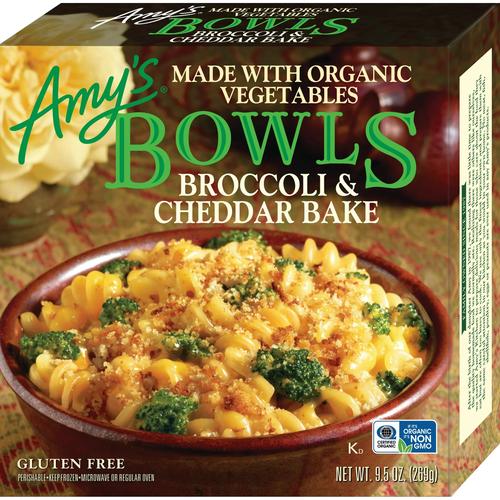
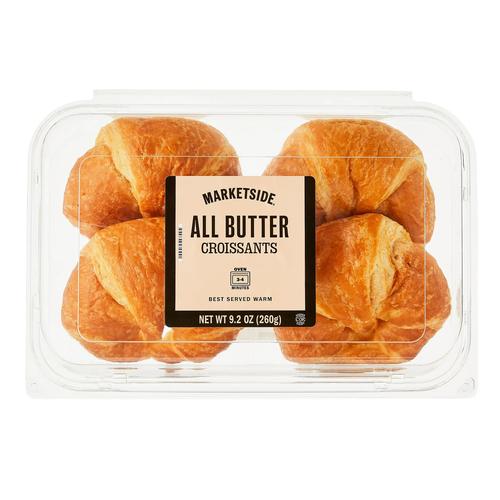
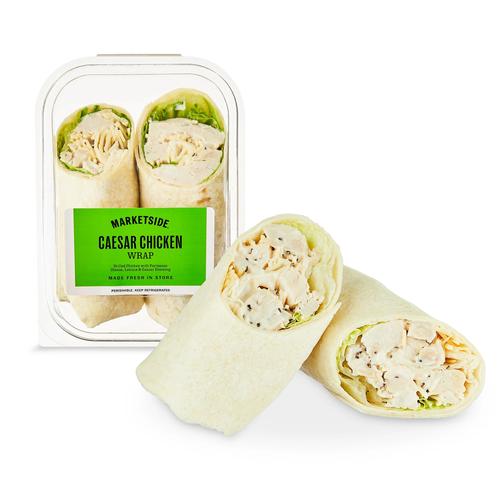

SAD Analysis
| Nutrient | Mon | Tues | Wed | Thurs | Fri | Sat | Sun | Avg |
|---|---|---|---|---|---|---|---|---|
| Calories | 2150 | 2034 | 1973 | 2123 | 2001 | 2039 | 1953 | 2039 |
| Fat (g) | 80.7 | 70.9 | 83.2 | 78.0 | 101.6 | 81.0 | 91.8 | 83.9 |
| Protein (g) | 96.0 | 72.7 | 30.0 | 73.9 | 51.2 | 47.5 | 61.9 | 61.9 |
| Carbs (g) | 265.4 | 299.2 | 279.4 | 275.5 | 225.6 | 295.7 | 223.3 | 266.3 |
| Fiber (g) | 9.8 | 28.7 | 12.4 | 9.3 | 15.6 | 19.2 | 12.9 | 15.4 |
| Total Cost | 0.00 | 0.00 | 0.00 | 0.00 | 0.00 | 0.00 | 0.00 | 0.00 |


Comparing the Averages
| Nutrient | Minimally Processed | Standard American |
|---|---|---|
| Calories | 2,014 | 2,039 |
| Fat (g) | 71.5 | 83.9 |
| Protein (g) | 140.2 | 61.9 |
| Carbs (g) | 225.7 | 266.3 |
| Fiber (g) | 52.3 | 15.4 |
| Cost | 0.00 | 0.00 |


Key Takeaways
- An ultra-processed diet can sometimes be cheaper, but is always worse for you
- A PB&J with no stir peanut butter and grape jelly on white bread is $0.46
- But all these ingredients are ultra-processed, with long lists of ingredients and preservatives
- As well high amounts of added sugar
- I hardly factored in going out to eat, and I didn't even consider alcohol. This further drives the cost and calories
- It's very difficult to go over 2,000 calories a day on a minimally processed diet
- It's very difficult to stay under 2,000 calories a day on a Standard American Diet
- SAD is extremely low in fiber, as well as deficient in many vitamins and minerals
- SAD is higher in total fat and carbs, but lower in healthy fats
- Standard American Diet is significantly more expensive, especially when going out to eat frequently


Conclusion
I hope by now it's clear that eating healthy does not automatically mean spending more. Either a minimally processed or ultraprocessed diet can be cheaper depending on how you stack your cards. You can spend less and eat healthier, or vice versa. Eating healthy doesn't have to come at a high price; both your body and your wallet can thirve simultaneously.

